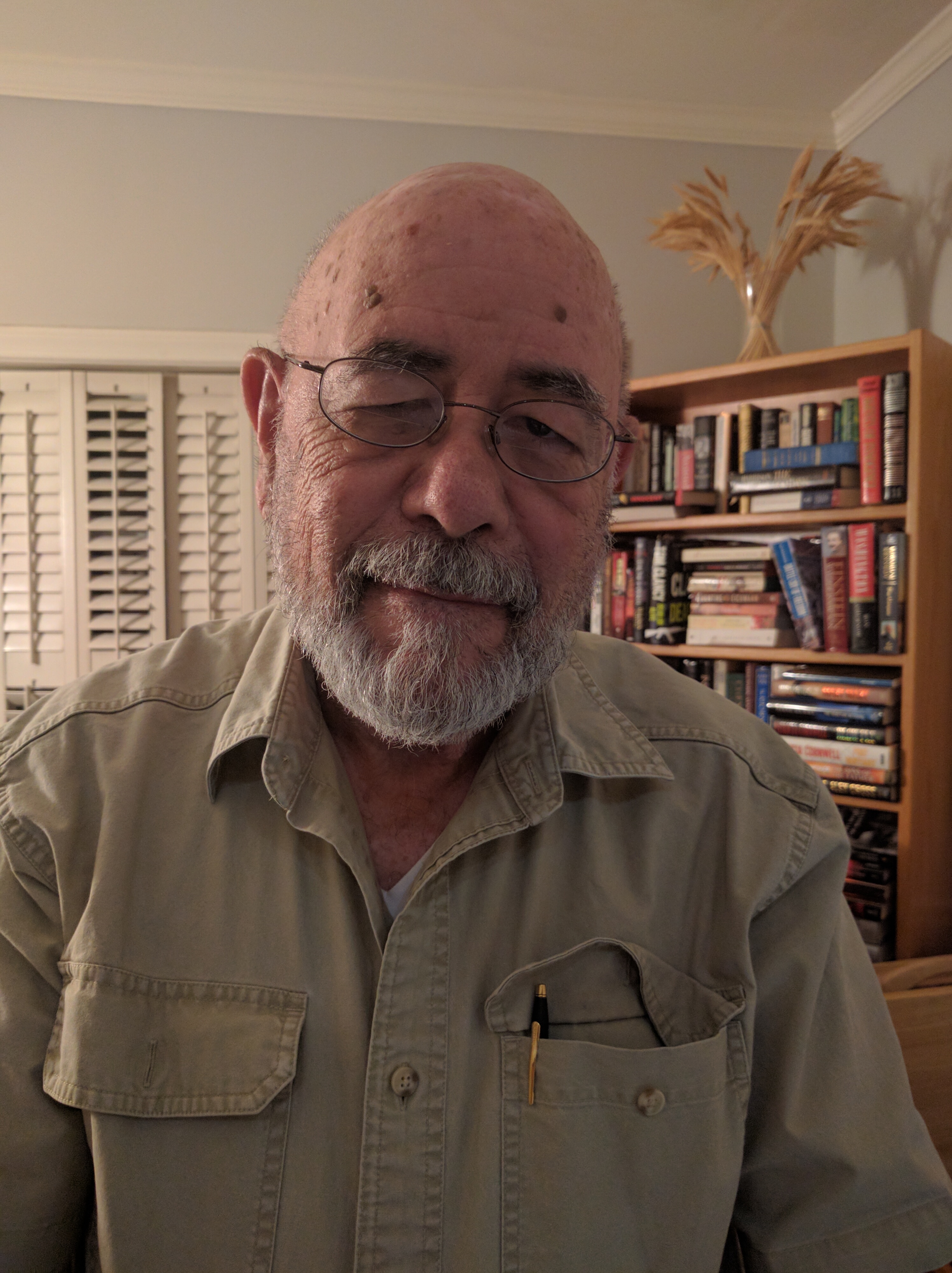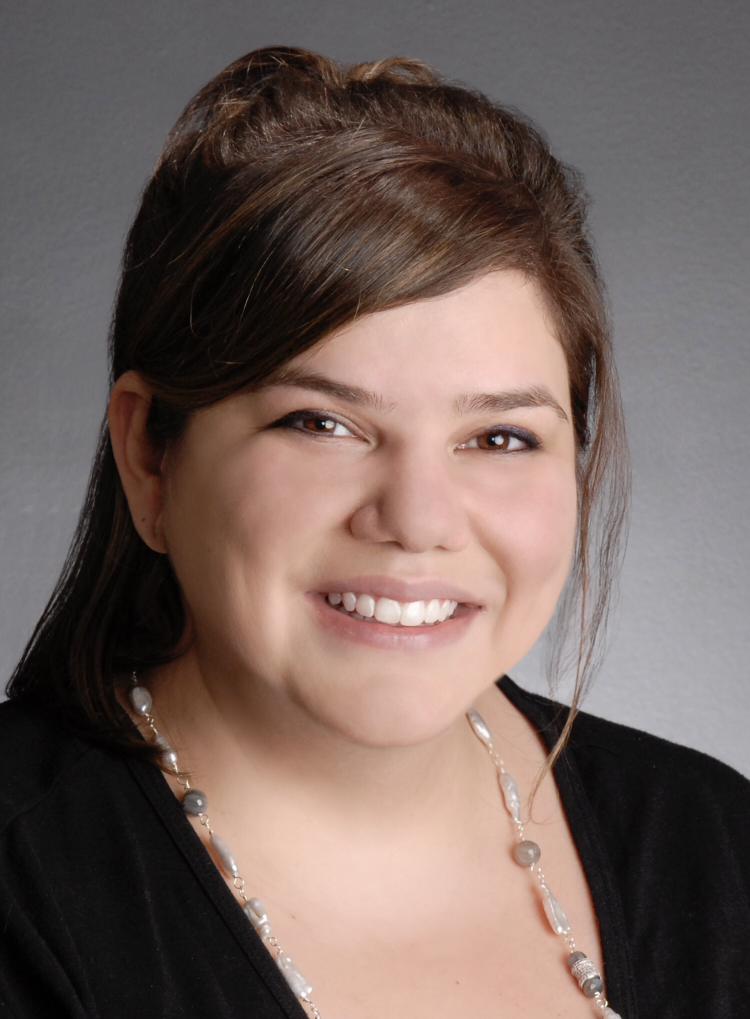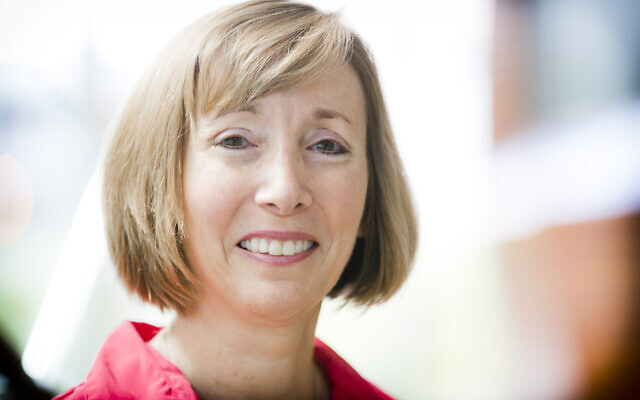Study Looks for More Male Participants
Emory’s JScreen is looking for a few good men – particularly for Jewish men with an Ashkenazi, or Eastern European, background.
Emory’s JScreen is looking for a few good men – particularly for Jewish men with an Ashkenazi, or Eastern European, background.
About 90 percent of the Atlanta Jews who have signed up for the free screening under JScreen’s PEACH BRCA Study, announced last year, are women, said Karen Arnovitz Grinzaid, executive director of JScreen. It is a national online genetic disease screening program based at Emory University School of Medicine’s Department of Human Genetics.
PEACH stands for Program for the Evaluation of Ashkenazi Cancer Heritability. BRCA 1 and BRCA 2 are the genetic defects that could cause several cancers, including breast, ovarian, prostate and pancreatic. In the general population, the BRCA defect carrier rate is 1 in 500. Among Ashkenazi Jews, the carrier rate is one in 40. BRCA genetic defects are passed down in families.
While most people connect women with the BRCA gene defect because of the prominence of breast cancer, men, too, can get breast cancer, as well as prostate and pancreatic cancers, she noted. Hence, the importance of testing men for the defect as well. “We are concerned that men are not signing up because they are not aware of their risk. Many people think that mutations in the BRCA genes only increase a person’s risk for breast and ovarian cancer, and that that testing is only relevant to women. It’s important for men to know that they are also at risk and that testing could provide useful information.”
Atlantan Gene Rubel told the AJT that he’s “been on a crusade for this issue for years. Men need to be tested just like women.”

Rubel would know since he’s tested positive for the BRCA 1 genetic defect. His mother, two aunts, an uncle and a sister all were diagnosed with cancer. His sister had “multiple breast cancer diagnoses but died of ovarian cancer,” he said.
After he tested positive for the gene defect, Rubel said he was “devastated.”
Anyone with a mutation has a 50 percent chance of passing it down to each of his or her male and female children. Father of four children, Rubel wondered, “what did I give them and how do I tell them?”
Griznaid noted that counseling is provided to study participants. “Genetic counselors are trained to help patients navigate genetic testing and make decisions that are suited to the individual,” she said. “We put emphasis on sharing results with children, but how and when to share depends on their age and maturity level.
Adult children should consider testing, and they may wish to discuss the impacts of potential results with a genetic counselor prior to ordering the test. There are many possible ways the results could impact a person’s life planning, medical care and family dynamics, and these effects depend on individual life factors.”
JScreen, which has been testing for genetic diseases in the Atlanta Jewish community for years, decided to add the study to test for the BRCA genetic defect “to make this test affordable and accessible to any Ashkenazi Jew who wants it regardless of his or her family history,” Grinzaid said.
“It’s so important to be tested,” Rubel emphasized. “Arm yourself with information. You don’t have to die of breast cancer.”

Rochelle Schube’s grandfather had prostate cancer “before we knew about the BRCA gene defect,” she said. After her younger sister was diagnosed with breast cancer in her 20s, Schube was tested and was found positive with the BRCA 1 gene defect. She chose to have a prophylactic mastectomy to lower her chances of a breast cancer diagnosis.
Schube, a social worker at Weinstein Hospice, said that it is empowering to have the knowledge of whether one is positive or negative for the gene defect. “This is difficult no matter what, but we need to be realistic and honest,” and have the conversation.
To be eligible for the free testing offered by JScreen, a person needs to have at least one Ashkenazi Jewish grandparent, be at least 25 years old, reside in the metro Atlanta area, and have no significant personal or family history of BRCA-related cancers. To determine eligibility, one should go online at www.jscreen.org/BRCA. If eligible, participants will provide a saliva sample for the genetic test. Results either way will be provided by a genetic counselor.
The PEACH BRCA Study was funded by The Marcus Foundation, the Florence and Laurence Spungen Family Foundation, the Kay Family Foundation Fund of the Community Foundation for Greater Atlanta, and the Jewish Women’s Fund of Atlanta.




comments